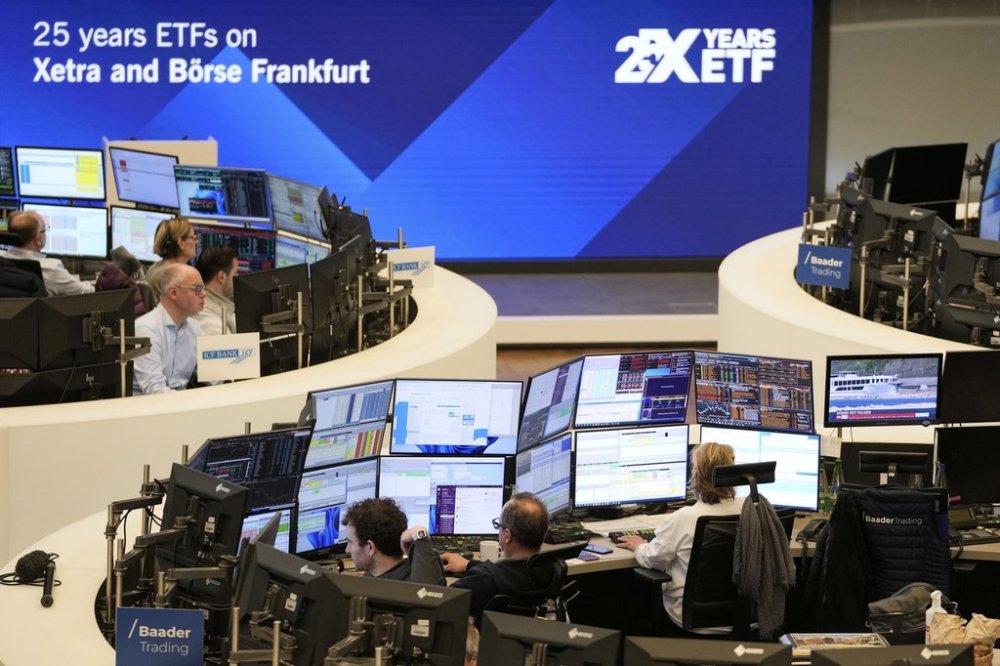Germany’s economy is expected to be more or less stagnant this year
Advertisement
Read this article for free:
or
Already have an account? Log in here »
To continue reading, please subscribe:
Monthly Digital Subscription
$1 per week for 24 weeks*
- Enjoy unlimited reading on winnipegfreepress.com
- Read the E-Edition, our digital replica newspaper
- Access News Break, our award-winning app
- Play interactive puzzles
*Billed as $4.00 plus GST every four weeks. After 24 weeks, price increases to the regular rate of $19.00 plus GST every four weeks. Offer available to new and qualified returning subscribers only. Cancel any time.
Monthly Digital Subscription
$4.75/week*
- Enjoy unlimited reading on winnipegfreepress.com
- Read the E-Edition, our digital replica newspaper
- Access News Break, our award-winning app
- Play interactive puzzles
*Billed as $19 plus GST every four weeks. Cancel any time.
To continue reading, please subscribe:
Add Winnipeg Free Press access to your Brandon Sun subscription for only
$1 for the first 4 weeks*
*$1 will be added to your next bill. After your 4 weeks access is complete your rate will increase by $0.00 a X percent off the regular rate.
Read unlimited articles for free today:
or
Already have an account? Log in here »
BERLIN (AP) — Germany’s economy is likely to be more or less stagnant in 2025 after shrinking for two years and the impact of U.S. tariffs could weigh down an already unimpressive showing, leading think tanks forecast Thursday.
Germany has Europe’s biggest economy and is the 27-nation European Union’s most populous member. Five economic institutes said in a regular update that they expect minimal growth of 0.1% this year — down from the 0.8% they forecast in September. They predicted growth of 1.3% in 2026.
However, they pointed to uncertainty surrounding the Trump administration’s trade policy. U.S. tariffs on aluminum, steel and vehicle imports are likely to reduce German economic growth this year and next by 0.1 percentage points each, an effect that the new forecast already takes into account, according to their report.

The sweeping tariffs announced last week by President Donald Trump and then largely put on hold could double that hit to gross domestic product, the economists said. But they added that “the specific effects are difficult to quantify, as tariff rates have never been raised so sharply in the world’s current globalized economy.”
Germany’s prospective new government, which hopes to take office next month after months of political drift in the country, aims to revitalize the economy. Friedrich Merz, the likely next chancellor, and his would-be allies presented their coalition agreement on Wednesday.

